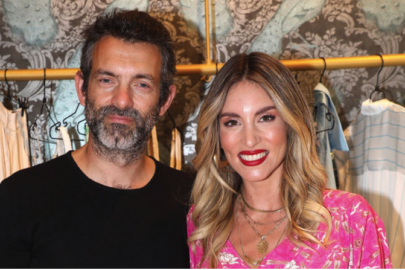New research suggests that 74 is the new 71. Our perception of when “old age” begins is shifting, with most people believing this phase of life begins later than they used to, according to a new study published in the journal Psychology and Aging. While the study didn’t look at why this shift has occurred, experts say it makes sense — and is probably a good thing; humans on average are living longer than ever, and examples of people living full lives well beyond retirement age abound. Experts on aging — some of whom are in their 70s and 80s themselves — aren’t surprised, and say it’s part of a promising shift away from negative stereotypes about what getting older means.
Here’s what to know.
What does the study say?
Researchers at the Humboldt University in Berlin, Germany, asked more than 14,000 German adults when old age begins. They posed the question eight times over the 25-year period between 1911 and 1974, quizzing participants when they were anywhere from 40 to 100 years old.
At age 65, those born in 1911 said, on average, that old age begins at age 71. But, when people born in 1956 reached the same age, they said that someone was “old” at age 74, on average.
It wasn’t just a generational difference. People also pushed back their old-age number as they themselves aged. So, at age 64, people said that old age starts at 74.4, on average. But by the time those same people reached age 74, they believed they still weren’t yet old, and said old age begins at age 76.8.
Women also tended to say that old age started later than men believed and, the older people got, the wider that gender gap grew. People who were in better health and felt younger and less lonely tended to be more optimistic, saying old age begins later in life.
Business Insider: Turkey may soon put its controversial Russian S-400 air defenses in operation
However, this trend seems to be slowing in recent years, the study authors noted. “That the trend is decelerated could be due to the fact that other trends — the increase in life expectancy or medical progress — are also not necessarily strictly linear,” lead author of the study, Markus Wettstein, psychology professor at Humboldt University, tells Yahoo Life.
Why we’re thinking differently about when old age starts
While the study didn’t focus on why people’s definition of old age changes over time, the researchers have some theories. “We know that life expectancy has increased, so the lifespan is more extended nowadays,” Wettstein tells Yahoo Life. “We also know that at least with regard to some health domains, older adults are healthier nowadays than older people were in the past. So we wanted to know, do middle-aged and older adults today set the beginning of old age later than the generations before them? This seems to be the case.”
Continue here: yahoo






































